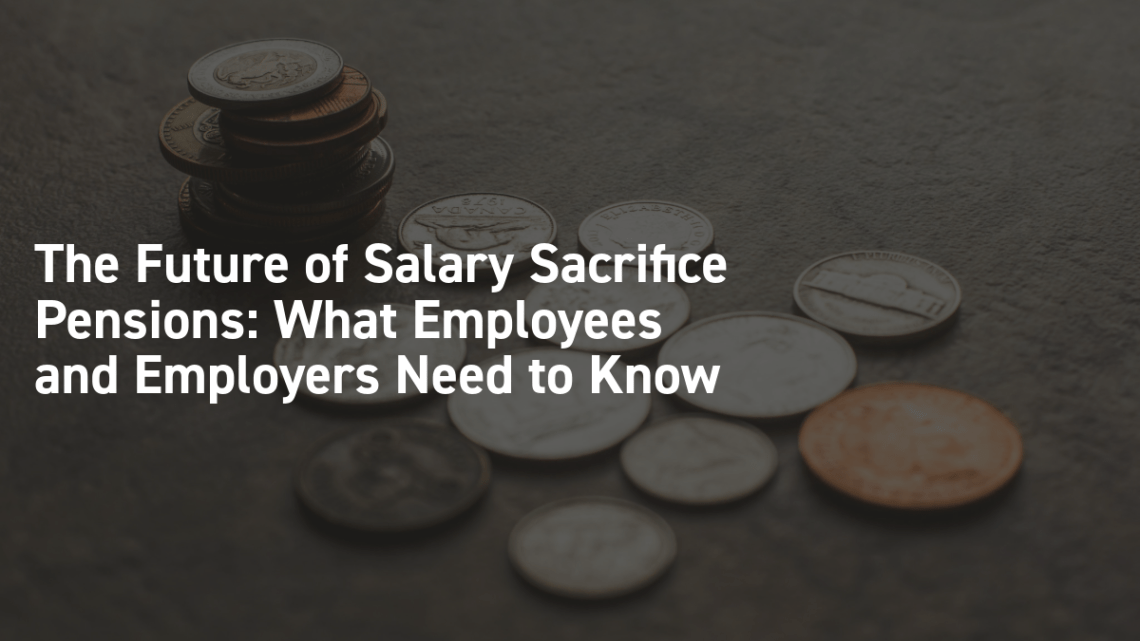
Under the previous government, HMRC commissioned research to understand the attitudes and behaviours of employers towards salary sacrifice for pensions. This has led to speculation that salary sacrifice for pensions could be removed or curtailed.
How Salary Sacrifice Works
Salary sacrifice is where the employee gives up a portion of their salary in return for their employer paying an equivalent amount into their pension. The arrangement results in National Insurance savings for both the employer and employee. Employer’s National Insurance increased on 6 April 2025 from 13.8% to 15% alongside a drop in the earnings threshold from £9,100 to £5,000.
The research found the main motivation for employers offering salary sacrifice was the National Insurance savings, in that they were seen as beneficial for both the employer and employee. In some cases, the National Insurance savings were passed on to employees in the form of higher contributions and in others absorbed into the general business running costs. The researchers tested scenarios for reform involving the removal of the National Insurance savings completely or on salary sacrificed above £2,000 per year.
All employers must provide workplace pension schemes, automatically enrol their employees into a pension scheme and make contributions to that scheme if an employee is classed as a “worker”, aged between 22 and state pension age, earns at least £10,000 per year and usually works in the UK. From April 2019, the total minimum contribution has been 8% of earnings (3% from the employer and 5% from the employee). Employers can pay more, meaning that employees can pay less, provided the overall balance is 8%.
Existing Tax Relief Restrictions
In the past, there has been speculation over higher rate tax relief being removed for pension contributions. However, income tax relief for pension contributions is already restricted as follows:
Maximising the Tax Relief
For certain individuals, pension contributions can be used to mitigate the High-Income Child Benefit Charge by reducing ‘net income’ to below £60,000 threshold. They can also be useful for reducing ‘net income’ to below the £100,000 threshold with regards to eligibility for tax-free childcare and to preserve the full tax-free personal allowance of £12,570.
Looking ahead
With the rise in National Insurance contributions from 13.8% to 15%, businesses are seeking effective strategies to manage increased payroll costs. Whilst this may drive increased adoption of salary sacrifice arrangements, the government’s ongoing review suggests changes could be implemented to reduce the National Insurance advantages.
Employers and employees should stay informed of policy developments and consider how potential reforms might impact their pension strategies and overall compensation packages.
We’d love to hear from you. To book an appointment or to find out more about our services: